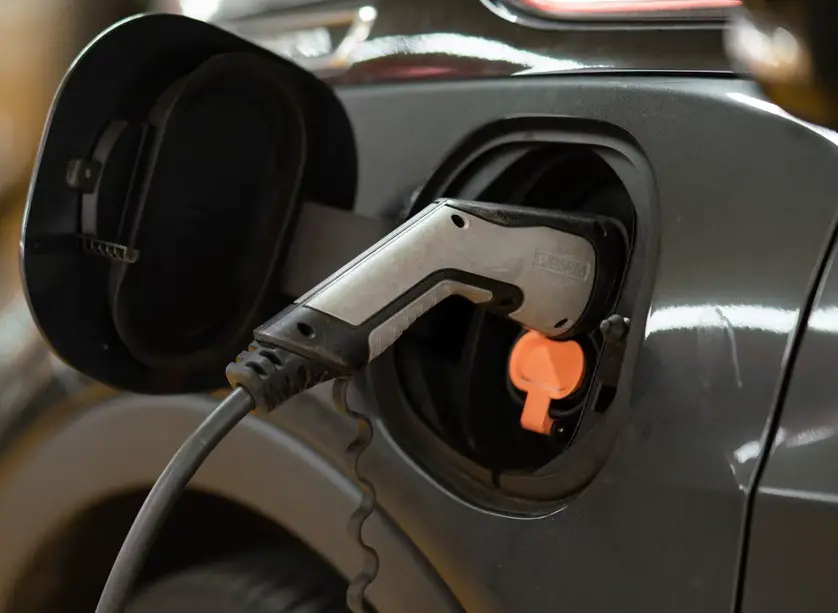On Friday, an automotive lobbying group made a statement saying that the Biden administration’s proposed rule change increasing fuel economy standards through 2032 is not feasible, and could end up costing automakers over $14 billion in fines.
Representing General Motors, Toyota Motor, Volkswagen , Hyundai and others, the Alliance for Automotive Innovation said Corporate Average Fuel Economy (CAFE) proposal by the National Highway Traffic Safety Administration “exceeds maximum feasibility” and that the agency projects “manufacturers will pay over $14 billion in non-compliance penalties between 2027 and 2032.”
The group added that one in every two light trucks and one out of every three passenger cars in 2027-2032, would be impacted by the fines.
Reuters reported that in a separate document the news service viewed, the Detroit Three – GM, Ford Motor, and Chrysler-parent Stellantis – will, over that period, be forced to endure roughly $10 billion in CAFE fines.
Globally there is increasing resistance to efforts to reduce vehicle emissions and transition to electric vehicles over issues of cost. On Monday, European Union ministers agreed to dilute a proposal on new vehicle emissions.
A spokesperson for NHTSA noted the automaker’s estimate represents the forecast of the agency and is, “consistent with our statutory obligations.”
The spokesperson added that carmakers, “are free to use electric vehicles to comply and avoid penalties altogether”.
According to Reuters, Stellantis and GM were forced to pay a combined total of $363 million in CAFE fines as a result of failing to comply with US fuel economy requirements for prior model years.
The penalties included a $235.5 million penalty levied against Stellantis for the 2018 and 2019 model years, and a $128.2 million penalty levied against GM for violations in the 2016 and 2017 model years.
The auto group said, “The number of non-compliant vehicles and manufacturers projected exceeds reason and simply put, will increase costs to the American consumer with absolutely no environmental or fuel savings benefits.”
The group added the “projected $3,000 average price increase over today’s vehicles is likely to decrease sales and increase the average age of vehicles on our roads.”
The criticism is similar to one raised over the Environmental Protection Agency’s proposal which would require 67% of all new vehicles be electric by 2032. In June, the auto group called the EPA proposal “neither reasonable nor achievable.” Toyota said the EPA requirements were “extreme and outside historical norms.”

